My berry adventure
Challenge amnesia, finally getting something right, and attracting more folks to food production
Last week I wrote about mulberries, focusing mainly on the trees that grow wild around the farm, but the cultivated berry scene is where it's happening right now. I finally leveled up on my pruning techniques and for the first time the black raspberry harvest far exceeds the amount that can be consumed by four adults casually grazing. There's enough to satisfy our needs for fresh eating and for cobblers and tarts, with some left over for freezing.
I admit I'm pretty proud of myself as I gaze upon the canes heavy with fat fruit, and I think about how little effort it took to produce this bounty. Except if I'm honest, I have to admit it wasn't easy, and it took a lot more time than one growing season to get here. This reality is quickly forgotten now that I've reached the point where the canes are producing like crazy.
I started with one purchased plant. When the heavy cane tips drooped to the ground and rooted themselves, I transplanted the young plants to new spots. When they grew wildly out of control, I cursed them for blocking paths and ensnaring my clothes and hair whenever I passed. They began to sprout up in every unoccupied spot, and grew into the netting over blueberry bushes, making harvest nearly impossible. They were really annoying, and we weren't getting very many berries.
The last few years they were affected by what I assumed was a fungus, and the harvest was shriveled and paltry. I resented them for taking up so much space and offering little in return. I considered moving the whole operation to another area like the chicken yard, but that proved to be too much work — it never happened. Over the winter I pruned them back severely, reasoning that the overcrowding was contributing to fungal problems.
I had been pruning them all along, and though it seemed like I was being severe, in hindsight I was too timid. This time I gave up totally on any harvest and the goal was merely to keep them alive and out of the way until some time in the future when I could transplant them elsewhere. I thinned mercilessly and trimmed the remaining canes to less than three feet with stubby lateral shoots of a few inches. They looked pathetic.
In mid-spring they miraculously burst into flower. Hundreds (thousands?) of berries soon appeared, delicious and photogenic. This post isn't really about the specifics of berry pruning, but the lesson I learned is prune hard and prune often. Prune like you're angry at the canes and completely unconcerned if you destroy them. Of course I'd done lots of reading and YouTube watching over the years and thought I knew what I was doing, but the level of brutality necessary had never quite sunk in.
Despite the claims of Youtubers and writers like me, it isn't all that easy to grow food for yourself. If it seems easy now, it’s because I've conveniently forgotten the struggles to get to this point. Here's a phenomenon that needs a name: A very difficult task, say learning to ride a bike when you're six, suddenly becomes easy. All the frustration, undignified crashes, and skinned knees are almost instantly forgotten once you suddenly figure it out. You're off down the street like a natural, scoffing at your little brother who just can't seem to get it.
I'm calling this concept challenge amnesia, but I invite knowledgeable readers to chip in with alternate terms if they've previously encountered them. Challenge amnesia explains why accomplished practitioners are sometimes incapable of teaching their craft to newbies. It's why a manager at my workplace is constantly dissatisfied with the performance of new employees who seemed to have great potential when hired, but keep making stupid mistakes because they aren't being taught. It shows up when us older folk bemoan the lack of common sense in young folk. It's not common sense — it's something we learned through hard experiences that we've since forgotten.
I suspect this is happening to those of us who start to have success in growing food. Challenge amnesia reduces our compassion for those less knowledgeable, and is a stumbling block to teaching affectively. To overcome the mess that industrial agriculture has made of the food system, vastly more people will need to participate in growing food, and constantly announcing the ease with which this can be accomplished when we know full well the difficulties involved is disingenuous. It's extremely difficult for families whose time and financial resources are stretched thin to take on yet another project, and acting as if it's easy to learn adds another layer of insult.
We need to be totally honest about the time, labor, and skills involved in growing food. Influencers touting the idea that a family on a quarter acre plot can easily grow the majority of the produce consumed in a year is irresponsible. An enormous amount of food can be produced on a small plot after crucial infrastructure is in place and relevant skills are acquired, and if a minimum input of labor is assured at critical times. (The finest vegetables in the world will go to waste if the gardener has to be at work when they ripen.) We need to up front about not just the work of growing, but of harvesting, preparing, and storage, and all the skills necessary to efficiently accomplish these tasks.
What aspiring backyard growers don't need is neo-permaculturists telling them they can install a food forest and do hardly any work afterward, merely harvest and eat. While it is possible to minimize work by planting in a way that mimics an ecosystem, the initial labor and financial inputs are large and out of the question for many. The workload remains significant until the plantings mature, which takes years. Also, there are processing and preserving tasks if you expect to enjoy the bounty in winter, which require different skill sets.
Much of the it’s-so-easy messaging is just laziness, or — more often — the wish to sell a product. But I believe challenge amnesia plays a part. I grew up helping my parents garden, so I knew the basics like frost dates, how to stake and sucker tomatoes, how to tell a weed from an emerging veggie seedling. Being of an earlier generation of rural folk, my mom and dad had also learned the basics at a young age, and there was a continuity of knowledge. It's easy to forget that for many if not most of younger people, that continuity has been broken. Many didn't spend their summers in grandma's vegetable garden, they don't cook, and they're ripe for the message of “this one easy trick.” There's plenty of folks our there ready to sell them that trick, but I don't want to be one of them.
This is my 24th year growing at my location and I'm still learning. The black raspberries are big winners this spring, but there were losers also. I couldn't get any carrot seeds to sprout to save my life. After much investigation I concluded that Asian jumping worms are finally having a negative effect on the garden. Perennials, transplants, and large seeds are doing fine, but the fine, dry granules deposited on the soil surface by these worms seem to make it difficult the soil to retain enough moisture for tiny seeds to sprout. That's my hypothesis and it seems to be bearing out. After turning the top layer under and adding plenty of finished compost, I've finally got sprouts.
Another farm setback: During decades of chicken-keeping I've only lost birds outside (or when someone forgot to lock them up.) This spring we lost chicks inside a locked room to a new and insidious predator, rats. It is said that these rodents can get through a space the size of a quarter, and plugging up all the small holes proved impossible. We've since sent the survivors along with mother hen to their new home in order to avoid further predation, but this loss still stings. Obviously, I'm still learning, but that's a good thing. I will continue to deal with challenges as they arrive, including the biggest one of being honest about them.


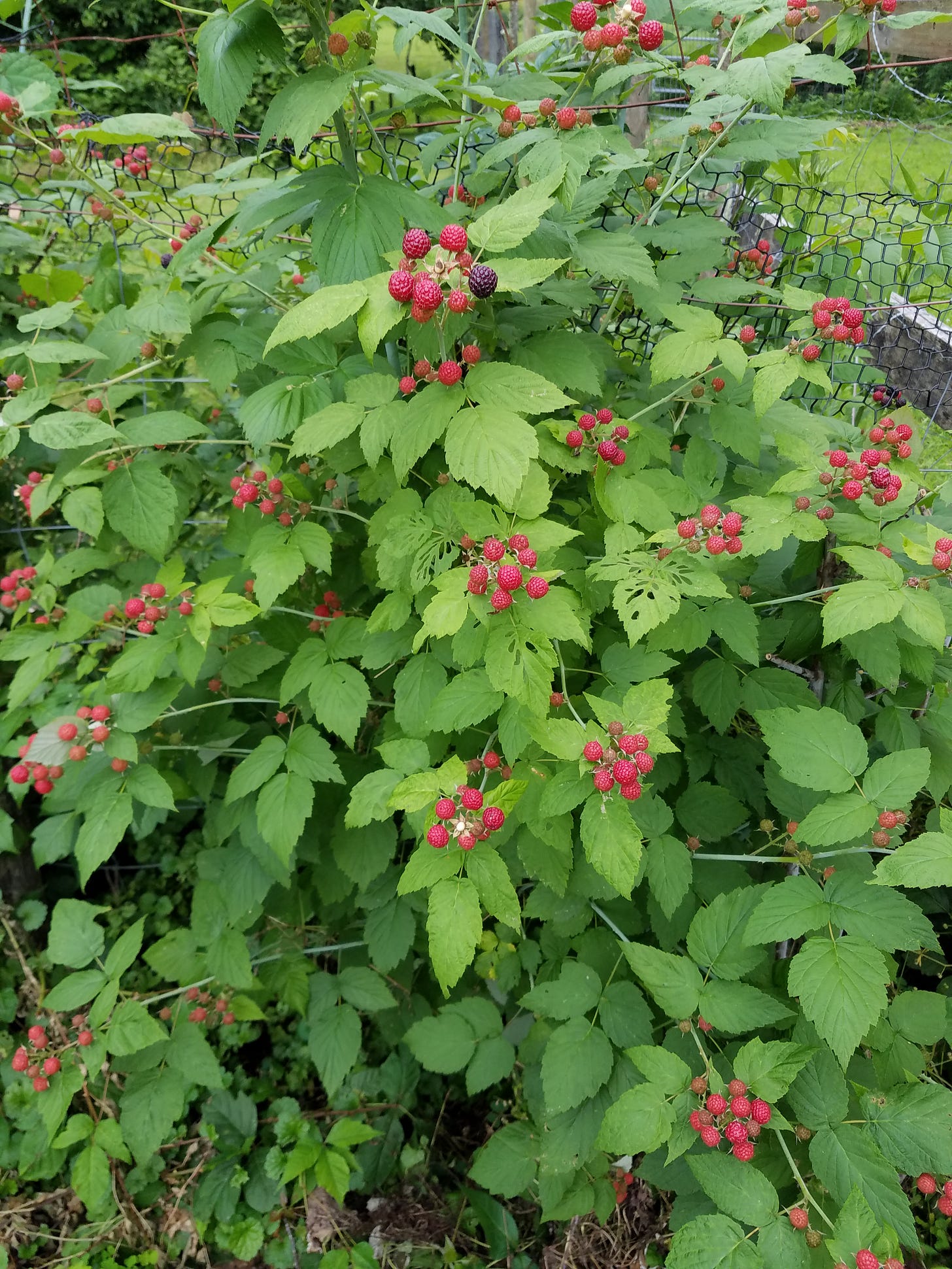

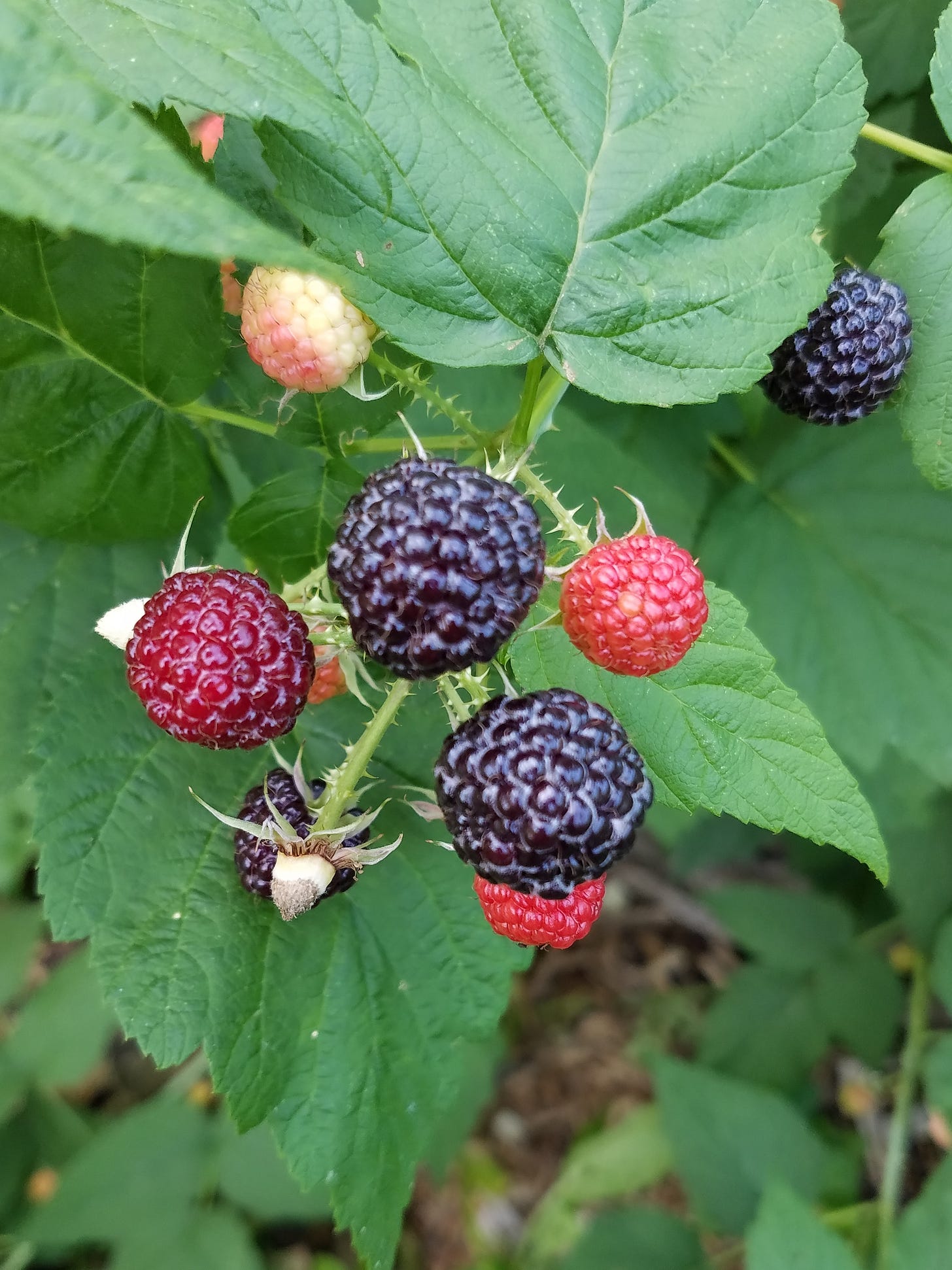
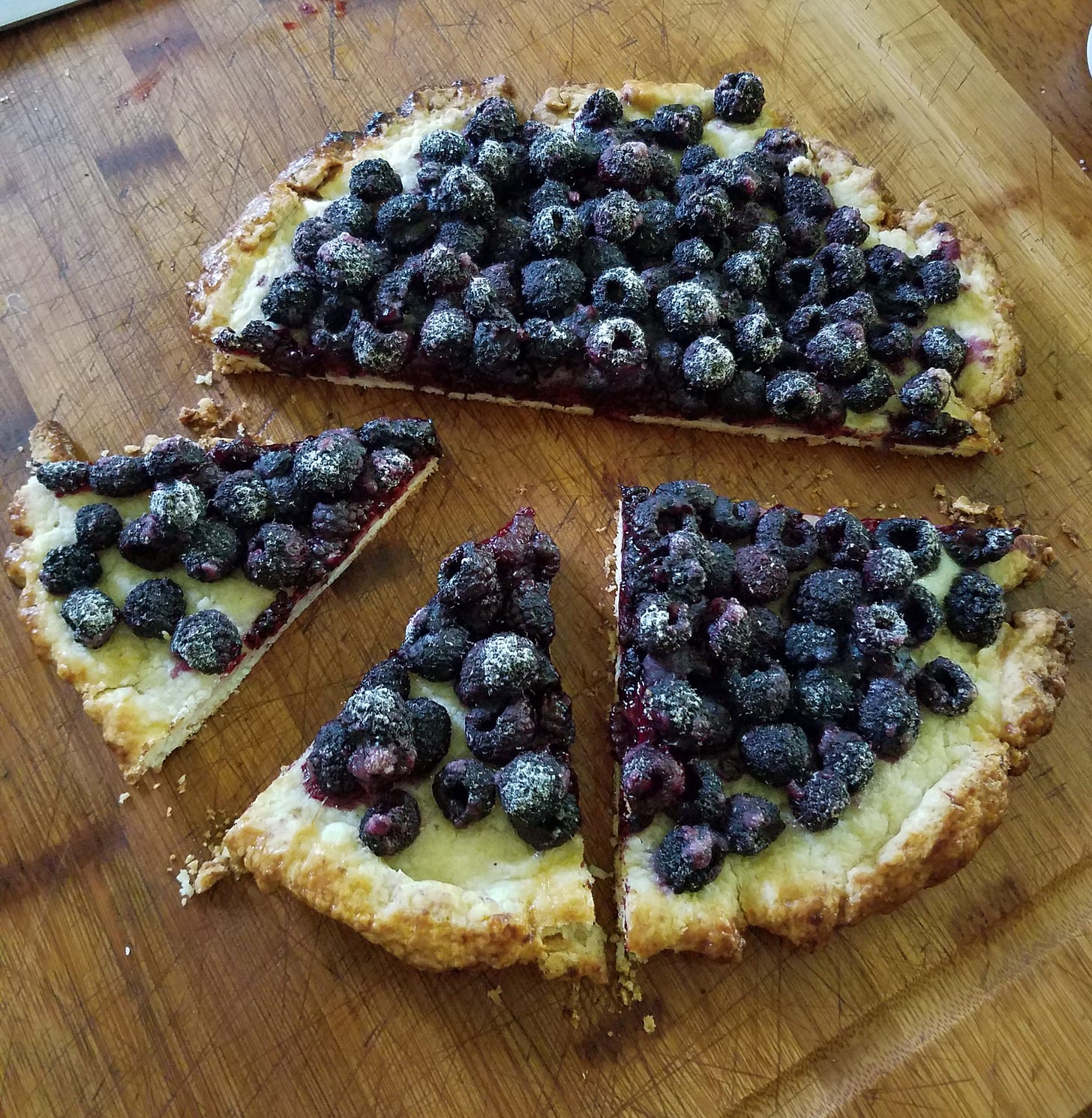
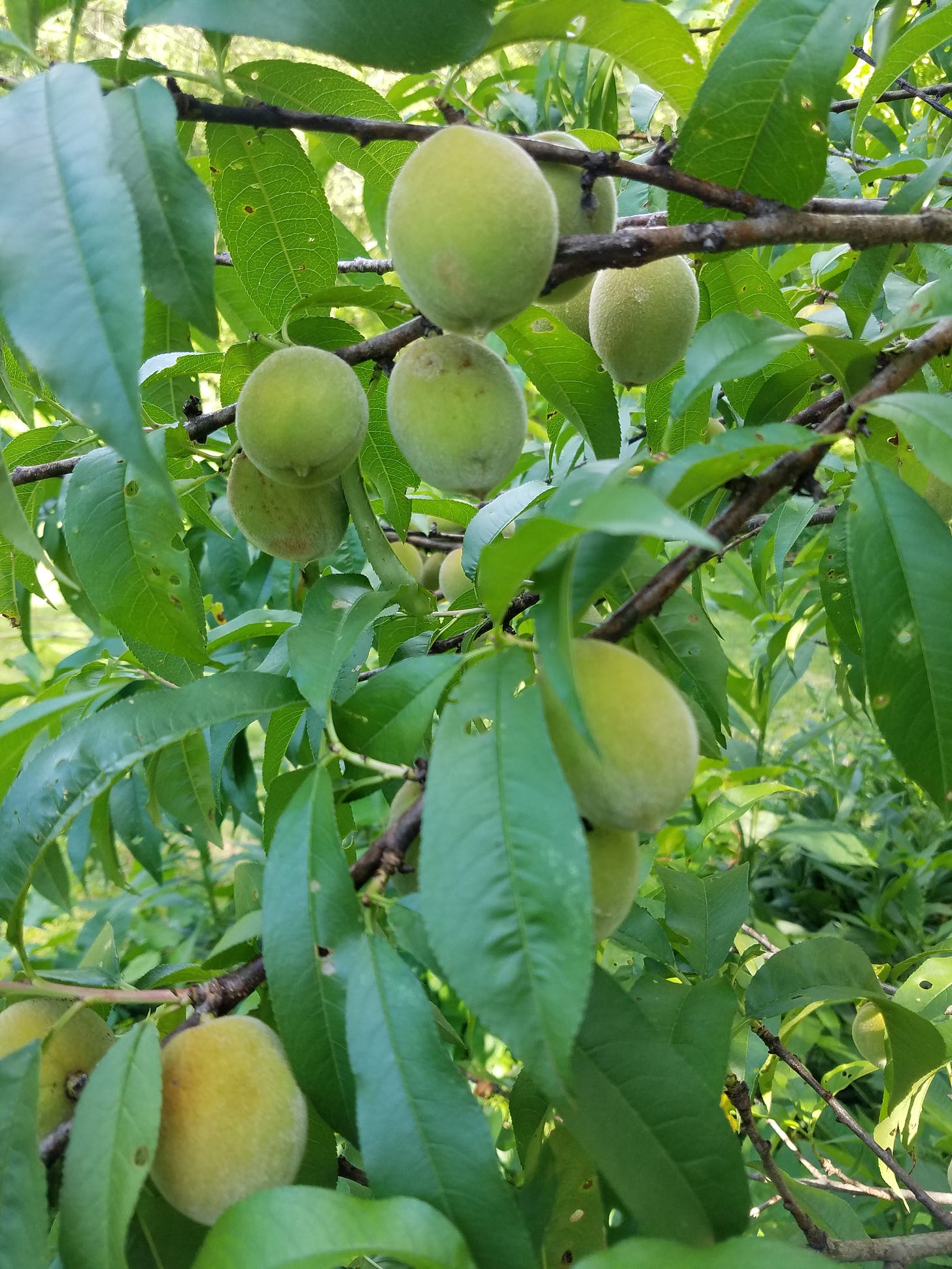

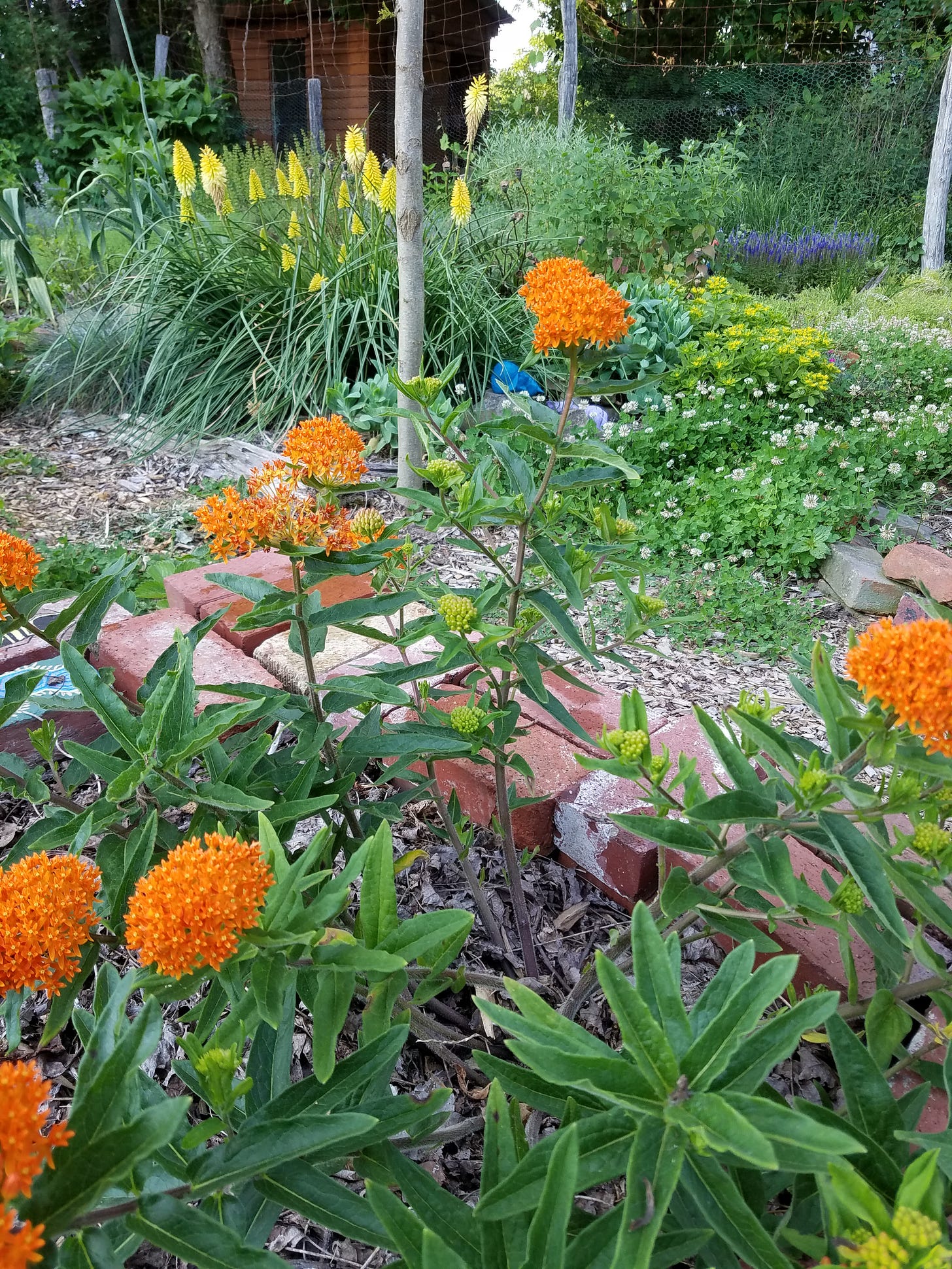
Great point! How to help people believe that it is possible, and worth the effort, to grow food…but also not discourage them or give false promises in the process. I post a lot of garden and local food related pictures and videos in the hopes of normalizing the idea of producing, cooking, and preserving your own food. (My circle is small, but I tell myself that every bit helps) I get so many comments like “so beautiful, but I couldn’t do it”, quite discouraging.
I believe the term you're looking for is "Curse of Knowledge". It's a logical fallacy, where someone assumes that the person they're communicating with has all the knowledge and information that they do.